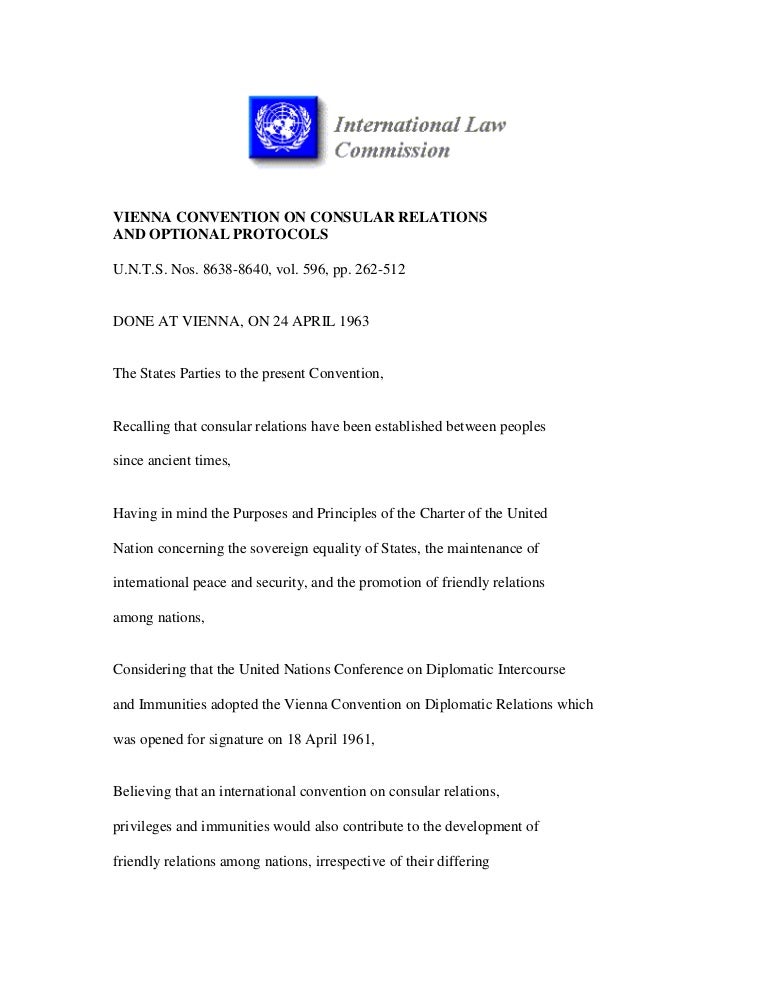


The Convention sets out the privileges and immunities of diplomats and their families, including immunity from arrest and prosecution, tax exemptions, and the inviolability of diplomatic premises. Article 30 extends this provision to the private residence of the diplomats. Īlso, the premises of a diplomatic mission, diplomatic premiers are the houses of ambassadors and are inviolable and must not be entered by the host country except by permission of the head of the mission likewise, the host country must never search the premises, may not seize its documents or property, and must protect the mission from intrusion or damage.

The declaration may also be a symbolic indication of displeasure. It is also used to expel diplomats suspected of espionage, described as “activities incompatible with diplomatic status”, or any overt criminal act such as drug trafficking. Breaches of these articles can lead to a persona non grata declaration being used to punish erring staff. With the protection of mission staff from prosecution for violating civil and criminal laws, depending on rank, under Articles 41 and 42 of the Convention, they are bound to respect national laws and regulations. If not recalled, the receiving state “may refuse to recognize the person concerned as a member of the mission”. A person can be declared persona non grata before that person even enters the country. The implication of this is that a person so declared is considered unacceptable and is usually recalled to his or her home nation. In diplomacy, “persona non grata” is a status applied by a host country to foreign diplomats to remove their protection of diplomatic immunity from arrest and other types of prosecution. The sending state must recall this person within a reasonable period of time, or otherwise, this person may lose diplomatic immunity. It is very important to take into consideration some key provisions in this treaty that allows for this harmonious relationship between countries.įirstly, it is expedient to underscore the fact that the Host nation at any time and for any reason can declare a particular member of the diplomatic staff to be persona non grata. To email * Your name * Your email * Comment Please tick the box below *As earlier noted, the United Nations Vienna convention on diplomatic relations is a treaty that is aimed at promoting friendly relations among governments through a uniform set of principles. This unique study is a crucial piece of scholarship, shedding light on the practice of United Nations conference diplomacyĪnd the codification of diplomatic law at the height of the Cold War. By clearly presenting the case with accessible analysis,Īuthor Kai Bruns makes the relations between international law and politics understandable, stressing the impact of the emergence

The political aspects of the codification process of diplomatic law. The book provides a complete commentary on Privileges and immunities: the 1961 Vienna Convention on Diplomatic Relations. TheĪgreement and its negotiation have become a cornerstone of diplomatic law.Ī Cornerstone of Modern Diplomacy, which is based on archival research in the National Archives (London), the Austrian State Archives (Vienna) and the PoliticalĪrchive (Berlin), delivers the first study of the British policy during the negotiation of the key convention governing diplomatic The Vienna Convention on Diplomatic Relations (VCDR) was signed at the height of the Cold War more than fifty years ago.


 0 kommentar(er)
0 kommentar(er)
